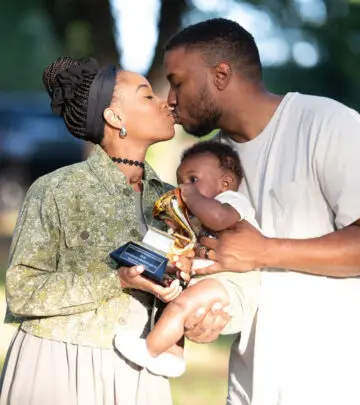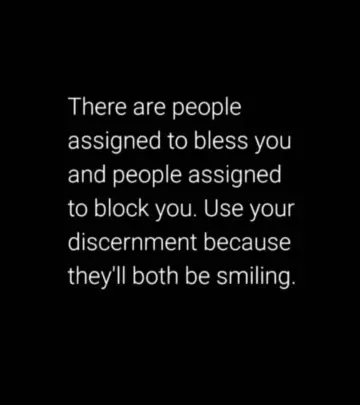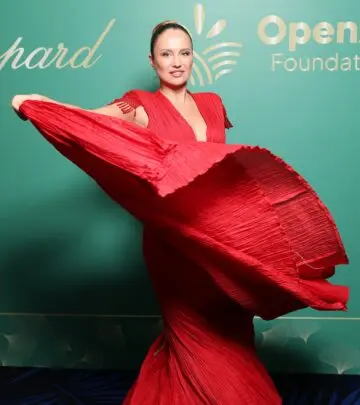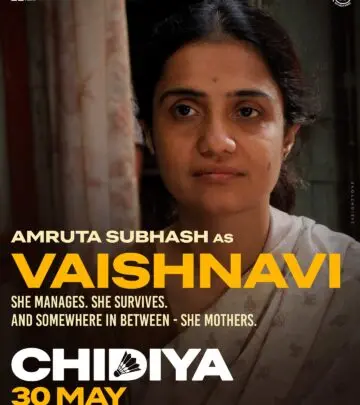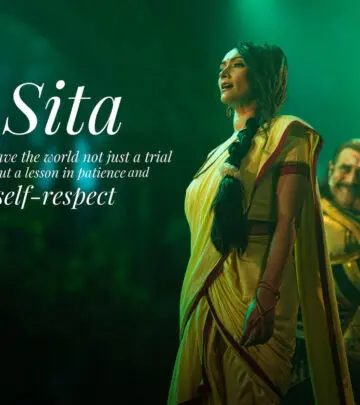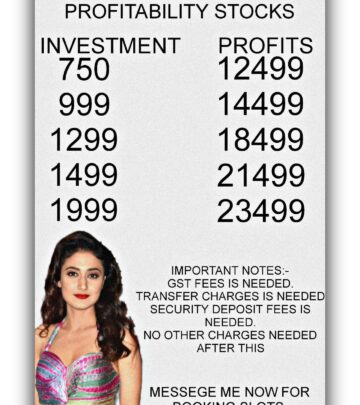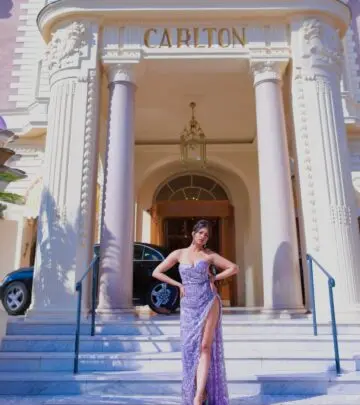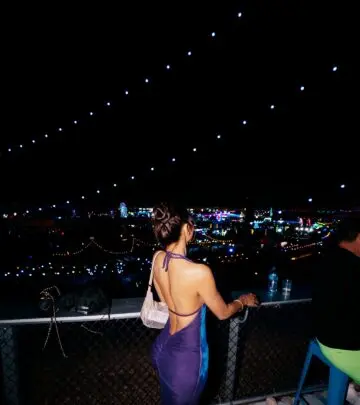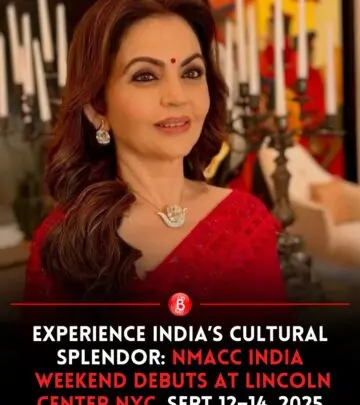2025 Crisis: A Stark Reality
Leila Hegazy shares a UNICEF image, urging us to confront harsh 2025 reality with urgency.
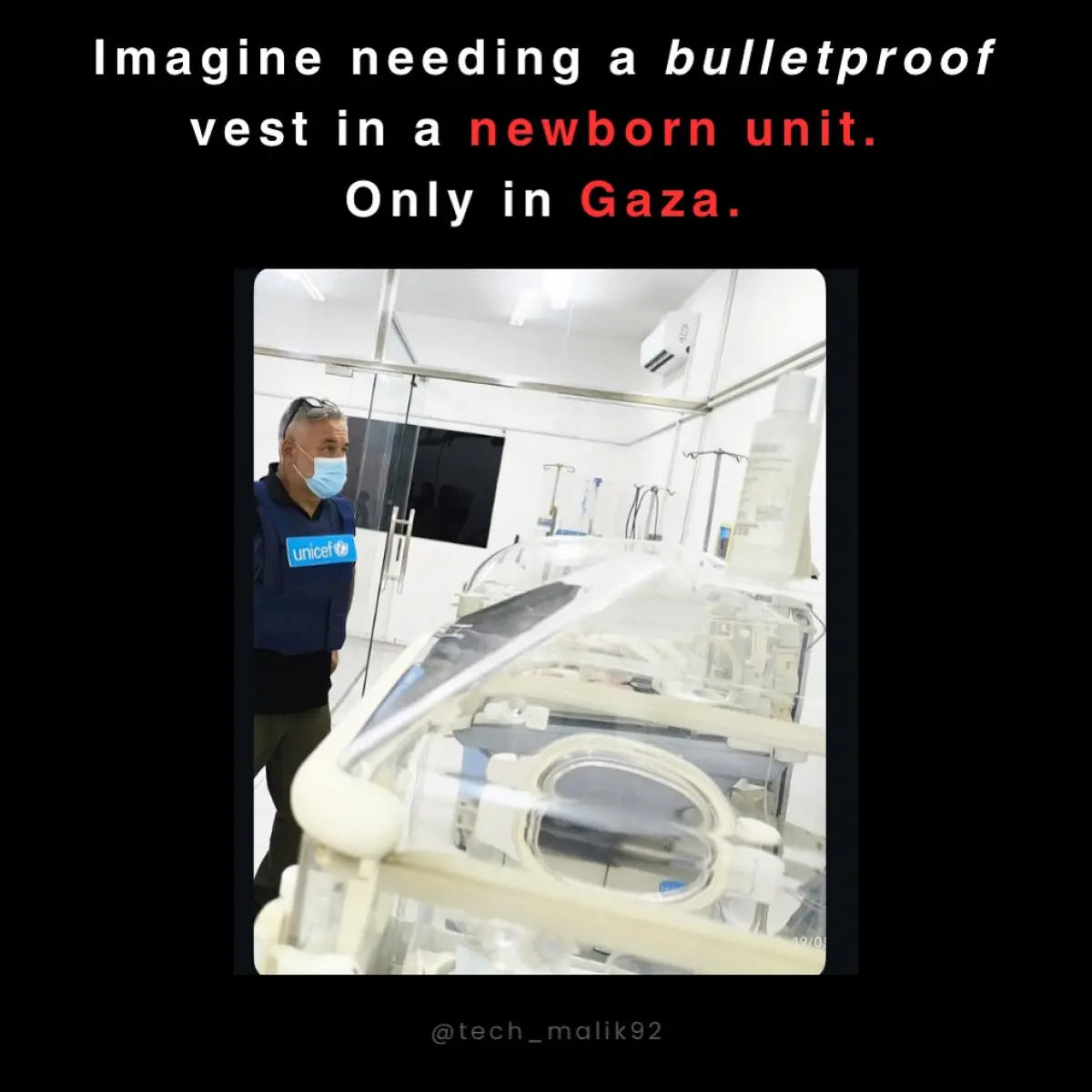
Image: Instagram
On social media today, celebrity activist Leila Hegazy has stirred conversations by sharing a poignant image from UNICEF Palestine, captioned simply “This is 2025💔”. The stark simplicity of the caption has resonated deeply with viewers, inviting them to reflect on the evolving humanitarian crises that continue to unfold in the region. With the heartache symbolized by the broken heart emoji and the succinct reference to the current year, Hegazy’s post underscores the urgency to confront a reality that many feel has been years in the making.
Visual Call To Humanitarian Action
The image, originally posted by UNICEF Palestine, captures the raw emotional landscape of a region in distress. Although the photograph itself is not accompanied by detailed explanation, its evocative quality speaks volumes. Leila Hegazy’s decision to amplify this image to her audience lends it an extra layer of urgency. In a time when many are increasingly desensitized by the barrage of media images, this post cuts through the noise, reminding everyone that behind every statistic lies human suffering.
Hegazy’s post comes at a time when social media influencers and celebrities across the globe are using their platforms to shed light on issues that standard news cycles sometimes overlook. By sharing the UNICEF image, she not only further cements her role as an advocate for humanitarian causes but also encourages her followers to seek out reliable information and support organizations working on the ground. Many who have engaged with the post commented on the power of visual storytelling to drive real-world impact, with some urging their networks to donate, volunteer, or speak out on behalf of those affected by ongoing conflicts.
Celebrity Impact And Social Media Mobilization
Leila Hegazy is no stranger to using her influence for social change. With a track record of sharing messages that stir both empathy and action, she has now entered a critical conversation around the humanitarian challenges hinted at by the phrase “This is 2025”. While the caption alone is sparse, its emotional weight is amplified by the recognition that the visual narrative it accompanies is provided by a renowned global organization dedicated to child and community welfare.
Other social media posts, shared over the past few days by various influencers and activists, echo this call to action. For instance, recent posts calling for a renewed focus on human rights and accountability have punctuated a broader trend where renowned names in culture and music highlight issues ranging from political neutrality in international events to the stark realities of conflict. Although these posts cover diverse topics—from criticisms of opaque voting systems in international contests to urgent calls for justice in conflict zones—they share a common thread: the demand for a more compassionate and truthful discourse.
A look at previous posts reveals that voices from different corners of the global community are aligning on the need to confront and address the long-standing issues that have seemingly been sidelined. Other influencers have questioned the narratives traditionally followed by mainstream outlets and have urged people to look deeper into the stories behind the headlines. Leila Hegazy’s post fits neatly into this narrative by focusing attention not on sensationalism but on the gravity of sustained humanitarian crises.
Global Context And Future Prospects
The image and its accompanying message have encouraged a dialogue that transcends mere online activism. It has drawn attention to the decades-long struggles faced by communities impacted by conflict, displacement, and systematic neglect. At the heart of the matter is a narrative that many feel is destined to worsen if left unrecognized: the 2025 reality is not a sudden occurrence but the culmination of persistent global failures to address deep-rooted issues. By tapping into this sentiment, Hegazy’s social media engagement serves as a reminder that artful depictions of pain and resilience can be a catalyst for change.
Critics argue that while powerful images and evocative captions provide necessary visibility to critical issues, long-term solutions require robust international cooperation and steadfast support for humanitarian organizations. The conversation sparked by this post is a testament to the changing nature of celebrity activism. No longer limited to endorsements or entertainment, the influence of public figures like Hegazy now often leans into the realm of advocacy, demanding that both governments and citizens lastingly commit to addressing human suffering.
This evolving trend has its roots in a broader societal shift. In recent years, platforms like Instagram have transformed into arenas where pressing social issues are debated and amplified. The interconnected flow of information has allowed movements to mobilize faster than ever before—often sparking community-driven responses that bear tangible results. As more prominent figures join these conversations, there is hope that increased visibility will push crucial humanitarian issues into the mainstream, influencing policy decisions and raising humanitarian funding.
With the 2025 crisis looming as a stark reminder of unmet needs and unresolved conflict, Leila Hegazy’s social media spotlight on the UNICEF image has added a critical chapter to a larger conversation on international accountability and empathy. Viewers and followers alike are peering beyond the digital screen, recognizing that what is shared online can indeed echo with real-life consequences. As the dialogue continues to develop in public forums and at policy tables alike, it remains clear that the responsibility to act does not rest solely with governments, but with each individual compelled by empathy and urgency.
The current moment is one of both reckoning and opportunity—a portrayal of hard truths that beckon collective action. Hegazy’s post, rendered in a single, heart-wrenching image, captures both the pain and the potential for change that defines our era. In emphasizing the need for immediate reflection and action, it invites its audience to be more than mere observers in a world too often characterized by indifference.
Ultimately, the conversation that begins with an image and a few resonant words might just be the spark that leads to a broader mobilization for justice and change. The time to confront these realities is now.
Read full bio of Cynthia Jean Daniel




